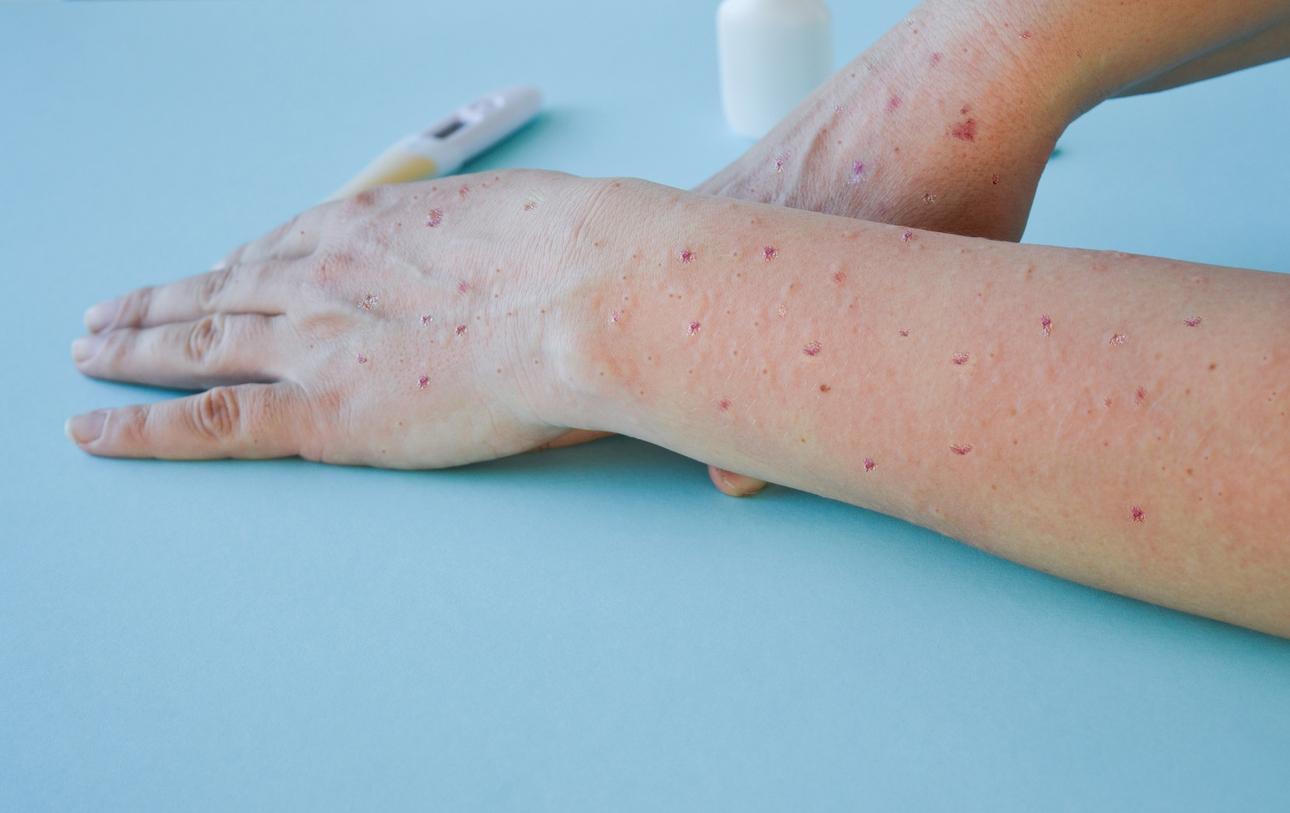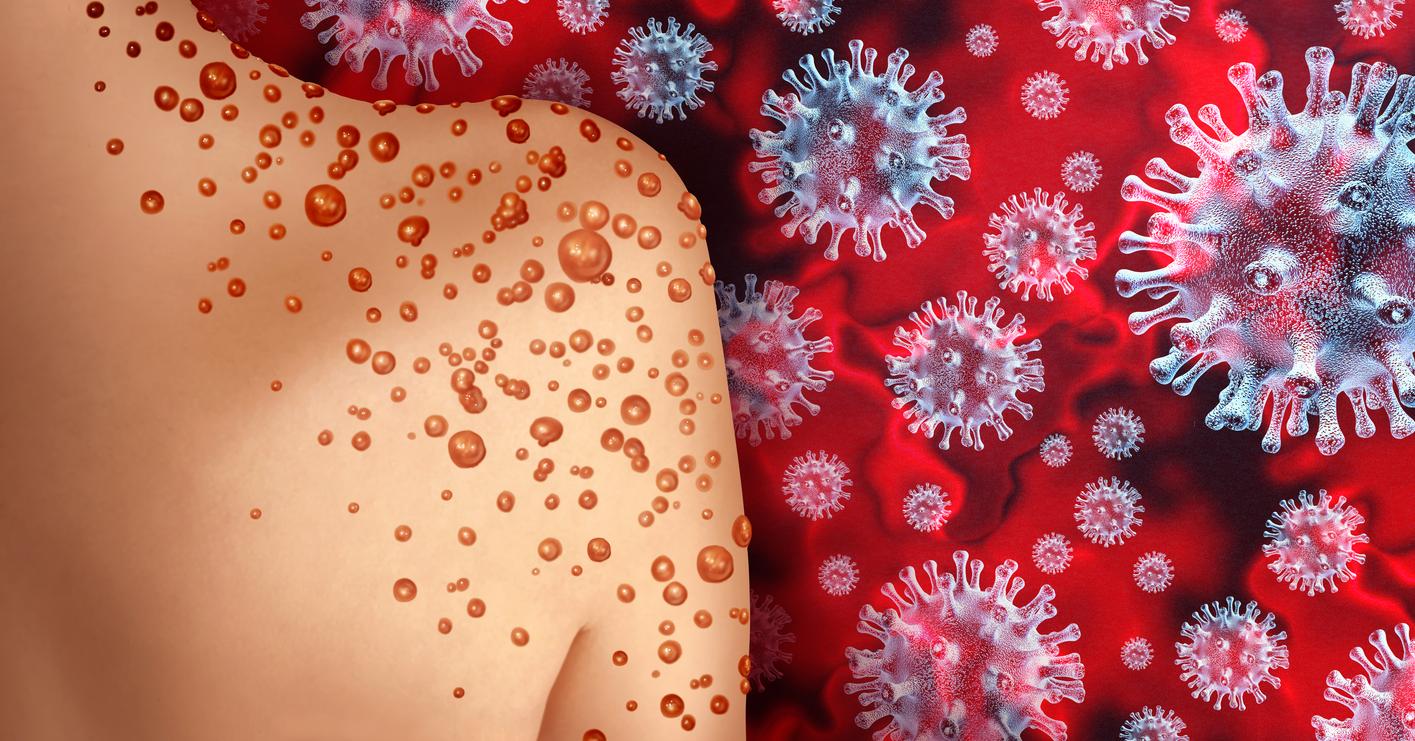The pilgrimage to Mecca, the most important gathering in the world, increases the risk of an epidemic of infectious diseases. This is what the InVS reminds us and what Saudi Arabia fears.

Good reasons to be afraid? In its latest bulletin on the health risks associated with the two pilgrimages to Mecca, the Institute for Health Surveillance recalls the reasons why Saudi Arabia may fear the large gatherings planned in Mecca. This year the Hajj (great pilgrimage), and the Umra (small pilgrimage) will be closely monitored by the health authorities. The threat of the spread of the new coronavirus hangs over Saudi Arabia.
The Hajj represents the largest annual population gathering in the world. For the year 2011, the central statistics and information department of the Kingdom of Saudi Arabia has identified nearly 3 million pilgrims for the Hajj. Umra can be performed outside of the official Hajj period during the rest of the year. However, there is a peak in attendance during the month of Ramadan.
So, on the occasion of such regroupings, Invs recalls that “the proximity of millions of people from all over the world in a restricted geographical space and a limited period promote the risk of epidemics of infectious diseases”.
This is why the Institute is issuing recommendations for travelers to limit the risk of transmission of this virus. Among them, the classic hygiene measures, in particular the regular washing of the hands with water and soap or with a hydro-alcoholic solution. It is also advisable to avoid any contact with animals, in the absence of available data on potential reservoirs of the virus.
And obviously, Saudi Arabia has taken the measure of this risk and has since Sunday advised the most fragile pilgrims not to make these pilgrimages. The Saudi authorities have just advised against it for the elderly as well as those with chronic diseases (diabetes, respiratory problems, etc.). This recommendation also applies to pregnant women and children who had planned to make the pilgrimages. These “special preventive measures for the MERS coronavirus” are intended to limit the spread of the virus and therefore to prevent its mutation.
Finally, the World Health Organization still does not recommend any travel restrictions, even if the authority once again asks the health authorities to follow with the greatest attention any case of person presenting the symptoms specific to MERS: cough, shortness of breath. , respiratory discomfort, fever over 38 ° C, or even renal failure.
At the latest report, 81 people have been affected worldwide by this coronavirus, among them 45 have died, including 38 in Saudi Arabia.
.















